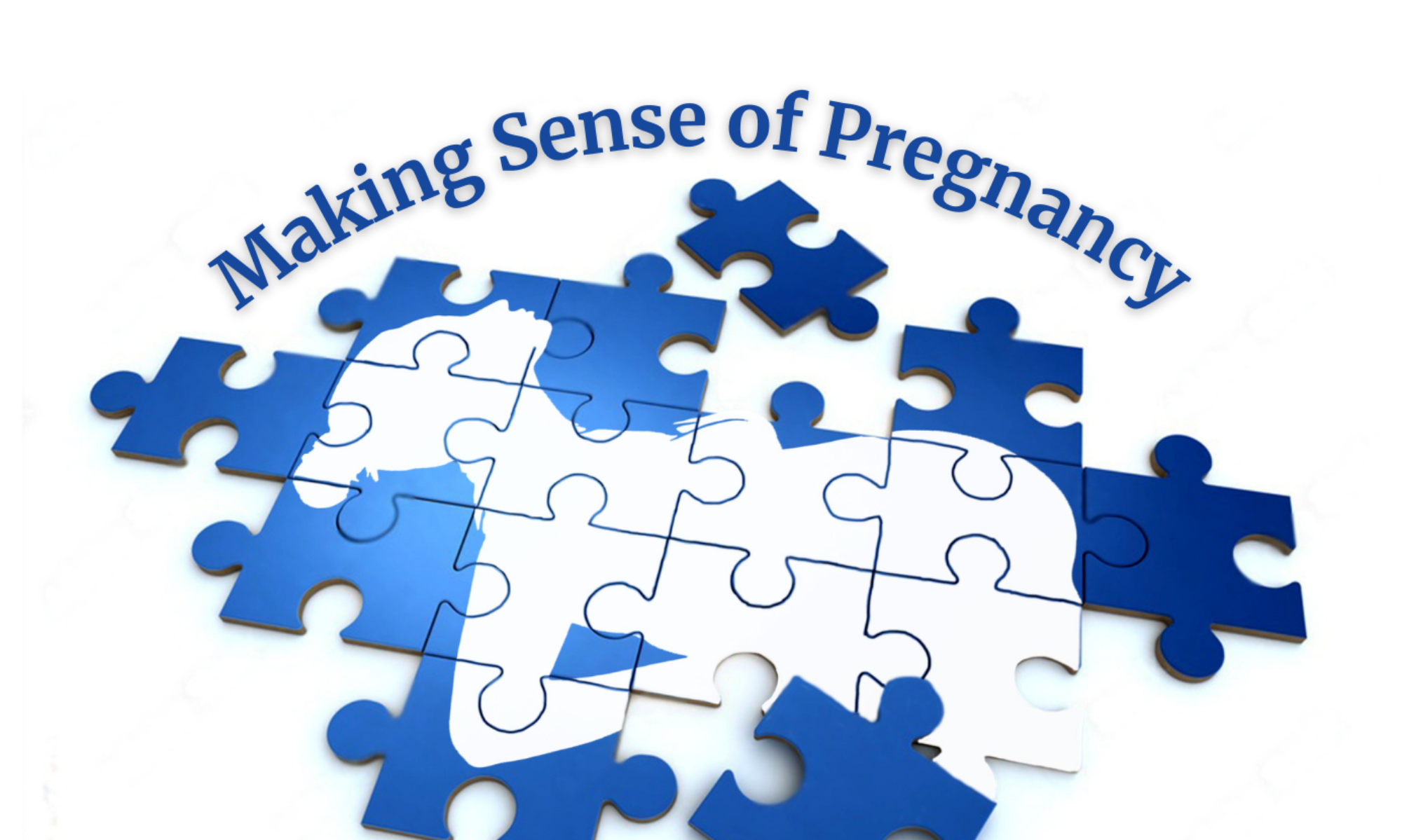The placenta is the diary of intrauterine life, so says Dr. Parast and her collegues. They are using this diary, after birth, to better understand both the trajectory of problems in birth (like IUGR and preeclampsia) as well as markers of impending morbidity for mothers (like autoimmune conditions that have not yet crossed the threshold of noticeable symptoms). Dr. Parast believes that placental pathology should be the standard of care in any birth that involved some sort of pregnancy complication, to better understand the cause of stillbirth (and potentially prevent future problems) and to guide maternal care in future pregnancies.
Check out some of the work the Parast Lab is doing here: https://pathology.ucsd.edu/research/labs/parast/index.html
